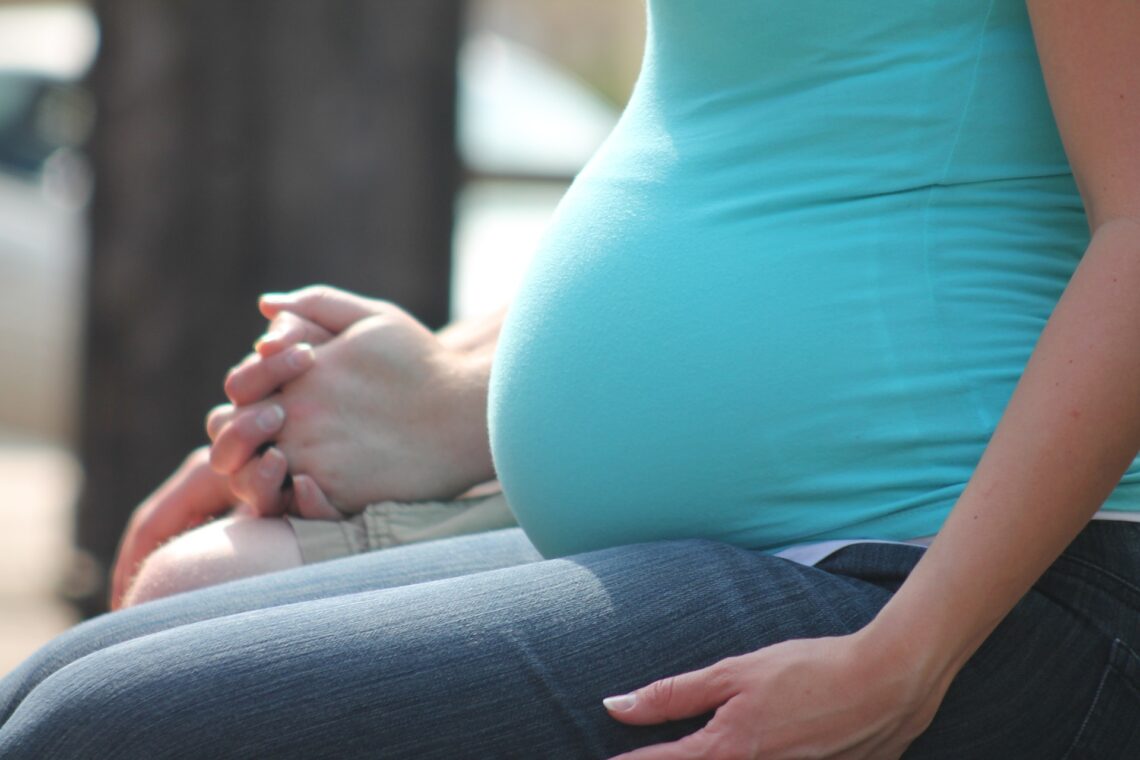Although generally safe, infertility treatments are associated with some risks such as ectopic pregnancies, multiple pregnancies and hyperstimulation of ovaries. A new study has revealed that women who undergo infertility treatments also face an increased risk of stroke in the year following the delivery.
Researchers at the Rutgers Robert Wood Johnson Medical School in New Jersey conducted a retrospective study, analyzing more than 31 million pregnant women between the ages of 15 and 54. Participants who took infertility treatment were at 66% higher risk of getting hospitalized for a stroke within 12 months of delivery when compared to others who spontaneously conceived.
However, there is no cause for alarm as the absolute risk of stroke associated with infertility treatment remained very low; only 37 stroke hospitalizations for every 100,000 women who underwent treatment, according to the findings of the study published in Jama Network.
The findings showed that participants who took infertility treatments were at more than two times the risk of developing hemorrhagic stroke (characterized by brain bleeding) and the risk for ischemic stroke (associated with blood clots in the brain) increased by about 50%.
“Strikingly, the increase in risk was evident even as early as the first 30 days post-delivery, which highlights the need for early and continued follow-up in this population,” researchers wrote.
Although the team evaluated the risk of various infertility treatments, including intrauterine insemination, assisted reproductive technology (ART), fertility preservation and surrogacy, the study did not identify the relative risk of stroke associated with each type of treatment.
“Our findings of an increased stroke risk in patients undergoing infertility treatment up to 12 months after delivery deserve immediate attention given that maternal mortality is associated with CVD (cardiovascular disease). Further exploration into this association is warranted and efforts should…
Read the full article here








